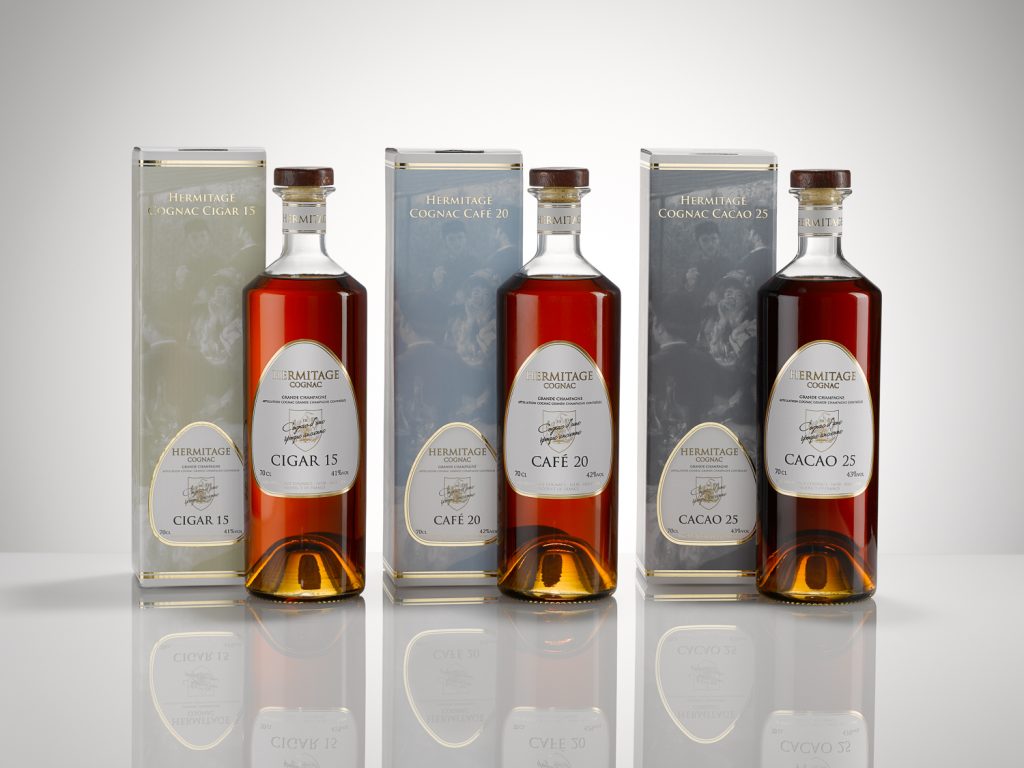On-Trade Reopening in the UK – July 2020

With the On-Trade (hospitality industry) being allowed to re-open from 4 July, the problems that social distancing rules pose are being tackled in a variety ...
New Eaux de Vie, Grappas and Liqueurs

We have expanded our range of Eaux de Vie, Grappas and Liqueurs just in time for the summer cocktail season. From Nusbaumer our new stock includes: An ...
Avallen Calvados – the most sustainable spirit possible?

Launched last year, Avallen Calvados has been hitting the headlines as a ‘product with a purpose’. Created by Healthy Hospo founder Tim Etherington-Judge and wine ...
Complex Aromas in Aged Cognac

The American Chemical Society has identified a few compounds, not previously known, which contribute to an aged cognac’s complex aromas. Using cognacs ranging from about ...
US Tariffs on Wine and Spirits

Six months ago, the US imposed hefty tariffs on the import of some European wines, whiskies and liqueurs following a long running dispute over EU ...
US Controlled Brandies

We are used to seeing the ownership of French brandy houses moving to the Far East but recently, US controlled brandies are coming to the ...
The Importance of Barrel Age on a Cognac Label

The growth in generic cognac sales over the last quarter of a century has distracted from the single most important criteria in determining the quality ...
Father’s Day 2020 – Sunday 21st June

It's going to be a very different Father's Day 2020. A long pub lunch or trip to his favourite restaurant maybe off the cards but ...
The Charente Scene – Spring 2020

Over the years we have built many relationships with suppliers and friends in the Charente and particularly in Grande Champagne. Although it is some months ...
What is the Best Cognac?

As most of you know, I spend a great deal of my time tasting cognacs because as a company we believe that every cognac must ...